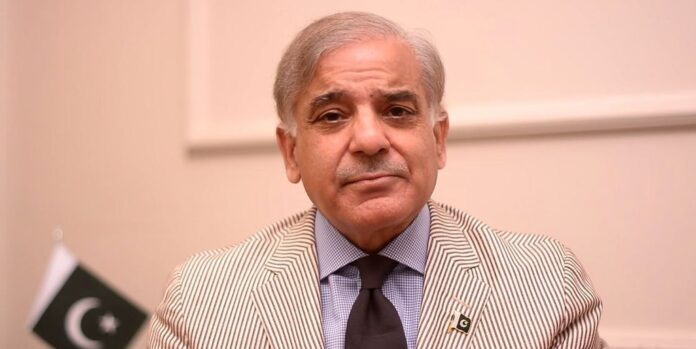Following PTI rallies, Shehbaz Sharif calls for dedicated force to address future unrest and warns of legal action for violence
Prime Minister Shehbaz Sharif has directed authorities to establish a dedicated anti-riot force to manage future protests after a violent crackdown on thousands of Pakistan Tehreek-e-Insaf (PTI) demonstrators in Islamabad earlier this week. The protests, led by Khyber Pakhtunkhwa Chief Minister Ali Amin Gandapur and Imran Khan’s spouse Bushra Bibi, resulted in clashes with law enforcement, leading to reports of multiple fatalities, though the exact number remains unclear.
The Prime Minister’s announcement follows the violent dispersal of PTI supporters demanding the release of party founder Imran Khan. Some reports indicate that the protesters were met with force during a late-night operation by security agencies, leading to casualties. The Prime Minister, in a cabinet meeting addressing the law and order situation, emphasized the need for a specialized force equipped with modern technology and professional training to handle mob violence.
The violence sparked discussion within the federal cabinet about imposing Governor’s Rule in Khyber Pakhtunkhwa, where PTI protests have been especially active. However, the suggestion was not seriously pursued, with the cabinet agreeing that more effective measures, including improved prosecution and stricter legal actions against violators, were needed to maintain order.
Embed from Getty ImagesPrime Minister Shehbaz also criticized the violent tactics used by the protesters, stating that those involved in damaging public property and spreading chaos must face legal consequences. He also honored the security personnel who were killed during the protests and reaffirmed the government’s commitment to preventing similar incidents in the future. The creation of the anti-riot force, according to the Prime Minister, is part of a broader effort to improve internal security and prevent any future disruptions that could jeopardize public safety.
In addition to security concerns, the Prime Minister addressed Pakistan’s economic challenges. During his speech at the 26th National Security Workshop at the National Defence University, he outlined his vision for a “Charter of Economy,” emphasizing that economic security was crucial for national stability. He announced plans to privatize state-owned entities to boost economic growth, emphasizing that the government’s role should be to facilitate the private sector rather than engage in business itself.
The Prime Minister also highlighted the positive performance of the Pakistan Stock Exchange, which crossed the 100,000-point mark, underscoring the progress made in stabilizing Pakistan’s economy after a turbulent period. Despite the optimism, he acknowledged that the country still faces significant economic challenges, particularly following the financial crisis in 2023 when Pakistan was on the brink of default.
